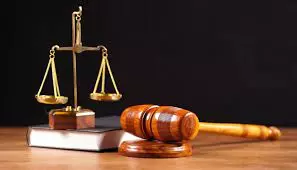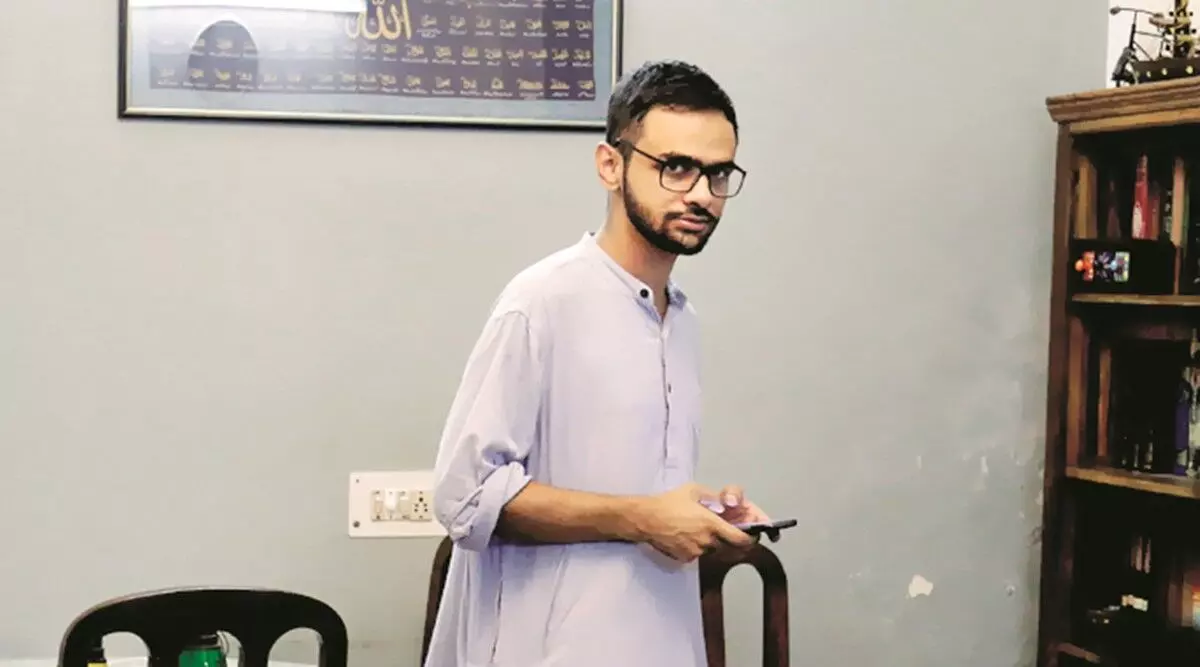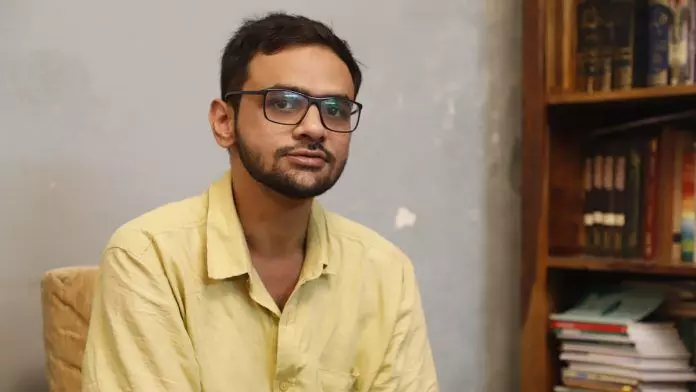
Let the citizen demand his rights - and courts offer protection
text_fields"One cannot rely only on the State for truth. Totalitarian governments are known for their constant reliance on falsehoods to consolidate power…," said Supreme Court judge DY Chandrachud. These words on media freedom in the post-truth age at the Justice MC Chagla Memorial Lecture has great relevance. It is not just the right of the citizen, but his duty, to expose the lies of the government. Both truth and democracy co-exist. Truth is essential for democracy to survive. That is why it is the duty of every citizen to speak directly to the authorities, said Justice Chandrachud. Of course, it is undeniable that citizens have a great role and responsibility in maintaining democracy. Undoubtedly, those who do it are not small in number. At the same time, it should be noted that constitutional institutions, including the judiciary, have certain responsibilities towards citizens who speak out and seek to correct positions of power. They have a responsibility to protect them. This is a time when seats of power are exploiting democratic institutions to strengthen their own authority thereby unleashing damage and dispute to the country. The V-Institute 2020 Democracy Report in Sweden noted that considering the situation here, where civil rights and pro-democracy activists are being hunted down, it is time India be pushed out of the list of democracies to those of dictatorships. UN High Commissioner for Human Rights Michelle Bachelet has also highlighted the abuse of power and abuse of the UAPA in India. Many other human rights organisations have also underlined this.
The problem in India is not that democrats are not ready to tell the truth. It is that from the government to the mob, all come out to silence such people. Incidents of prosecution under the UAPA of those who speak out on behalf of tribals, Dalits and minorities have increased. The crime committed by the 'terrorists' who were imprisoned for three years in the Bhima Koregaon case is only a voice for human rights. Among them was the Jesuit priest Stan Swamy who died in custody recently. One by one, evidence is emerging that the government was spying on them and tampering with their computers. And in the case of Umer Khalid, who has been in jail for over a year, his counsel's mention at the court which heard his bail petition, about the only evidence in possession of the prosecution had become news. That evidence was a docored video of his 20-minute speech conveniently edited by BJP centres and made into a 37-second video, and then produced without verification.
According to the legal website 'Article-14', treason cases have been registered under the UAPA in ten states using such videos provided by someone. Though it is not accepted criminal procedure, the situation is such that other laws are likely to be ignored once the UAPA is invoked. And here, it is the judiciary, not the citizens, that should act with vigilance. The Supreme Court's 2011 ruling on civil rights (the Indradas case) made it clear that even membership in banned organizations was not a crime. But another verdict in 2019 (the Zahoor Ahmad Shah case) overturned it. In UAPA cases, the ruling mandating the courts to assume that every allegation in the FIR is true gave the administration a free hand to easily repress anyone. It was this verdict that forced the high courts to deny bail in cases including Bhima Koregaon. The Supreme Court's observation undermining the rights under Article 32 of the Constitution is another blow to democratic activists. Justice Chandrachud was right (it is the citizens who speak the truth that maintain democracy and not the governments that fabricate lies for power). If unfortunately such citizens are trapped by the government under the draconian UAPA and the judiciary is helpless and unable to provide protection, shouldn't its rectification begin in courts?


























